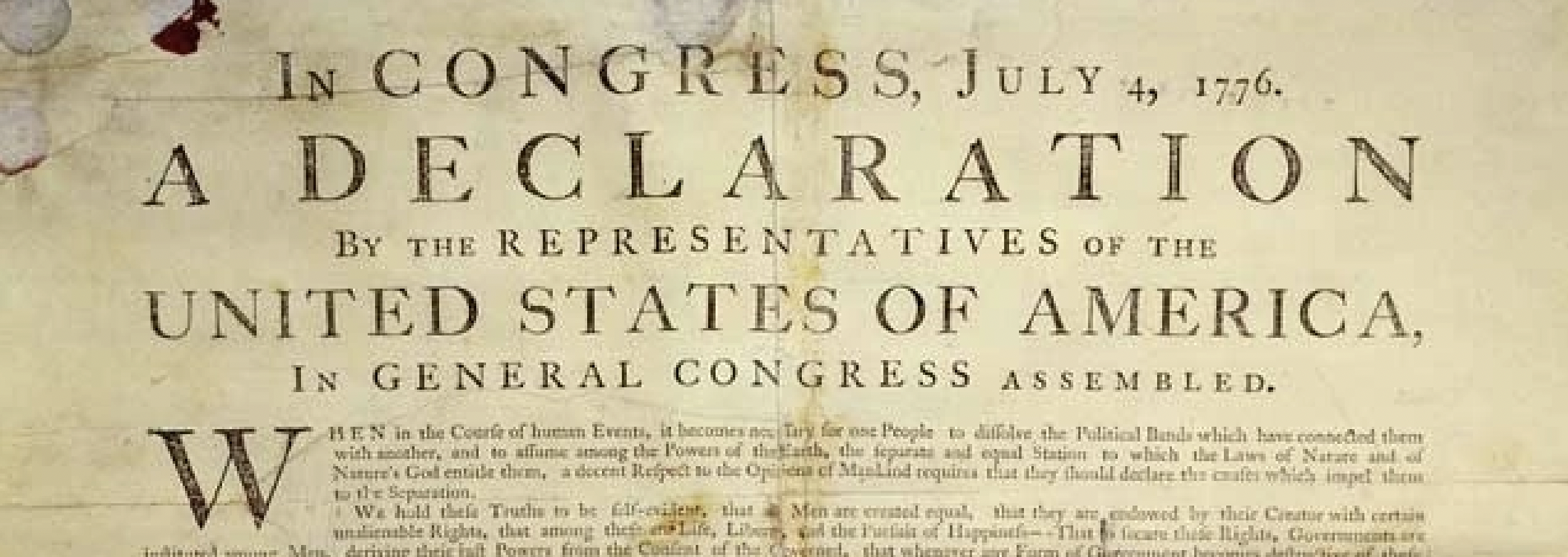As one of my presbytery duties, I have been in contact with the leaders of a church whose pastor has just accepted a call to a new congregation. The pastor is happy with a call that will put him closer to his aging parents, and his now former congregation is thankful for the leadership he provided during his time with them. All is well. Except that the congregation must now find a new pastor, and these are not easy times for the finding of a new pastor.
As I prepared to talk with the leaders, I did some background work since I know nothing of the church or the town where it is located. I checked our presbytery’s data on the church, visited its website, and, for some insight into the community, went to city-data.com. City-Data offers a wealth of information on just about every city, town, and village in America. You can discover everything you could possibly want to know about population trends, the economy, housing, education, healthcare, weather, crime, earthquakes, and tornadoes.
 Under the Health and Nutrition section for each location, City-Data tells us about the percentage of the population that is “feeling badly about themselves.” They don’t tell us how they come to their conclusion, but as I compared the data from places I know and the town where the congregation is located, I discovered there is not much difference from place to place, region to region, small town to big city. City-Data tells us just over 20% of us feel badly about ourselves. But at least just under 80% are feeling at least okay about ourselves. Not so, says Gallup.
Under the Health and Nutrition section for each location, City-Data tells us about the percentage of the population that is “feeling badly about themselves.” They don’t tell us how they come to their conclusion, but as I compared the data from places I know and the town where the congregation is located, I discovered there is not much difference from place to place, region to region, small town to big city. City-Data tells us just over 20% of us feel badly about ourselves. But at least just under 80% are feeling at least okay about ourselves. Not so, says Gallup.
 City-Data paints a much happier picture than does Gallup. Gallup measures how much we like our jobs, how many friends we have, how we manage our money, our physical energy, and if we like where we live to come up with a life evaluation summary. Gallup says 65% percent of us say we are suffering or struggling in our lives. Not very happy, I would guess.
City-Data paints a much happier picture than does Gallup. Gallup measures how much we like our jobs, how many friends we have, how we manage our money, our physical energy, and if we like where we live to come up with a life evaluation summary. Gallup says 65% percent of us say we are suffering or struggling in our lives. Not very happy, I would guess.
Finally, chart lovers, the Wall Street Journal weighed in on the happiness question just this week. The Journal is less optimistic than City-Data, but less pessimistic than Gallup. Its research pegs us at 70-30 happy-unhappy (but our “very happy” numbers have dropped 20 points in the past five years).

If you are a culture warrior, it will be tempting to link our decline in happiness with data from another part of the Wall Street Journal survey which shows a marked decline in what some might call traditional values and an increase in what Jesus would call a love of Mammon:

The punditry class has written much about our unhappiness whatever its statistical basis. Social media, covid, the economy, drugs, guns, too much tolerance or too little tolerance, crazies on the left and lunatics on the right are proposed and probable causes. Maybe all of the above.
My guess is that most of us could stash the data and the blame and still conclude that unhappiness is a mark of our times.
So what is happiness and its root?
Some translators use “happy” for the word in the Beatitudes typically translated “blessed.” Happy can seem too light a word, but in a world where we have made blessed a frivolous thing, we might want to consider it.
The JB Phillips translation puts the opening of the Sermon on the Mount this way:
How happy are the humble-minded, for the kingdom of Heaven is theirs.
How happy are those who know what sorrow means for they will be given courage and comfort.
Happy are those who claim nothing, for the whole earth will belong to them.
Happy are those who are hungry and thirsty for goodness, for they will be fully satisfied.
Happy are the merciful, for they will have mercy shown to them.
Happy are the utterly sincere, for they will see God.
Happy are those who make peace, for they will be sons of God.
Happy are those who have suffered persecution for the cause of goodness, for the kingdom of Heaven is theirs.
And what happiness will be yours when people blame you and ill-treat you and say all kinds of slanderous things against you for my sake! Be glad then, yes, be tremendously glad—for your reward in Heaven is magnificent. They persecuted the prophets before your time in exactly the same way.
Happy those who know sorrow? Blessed are those who mourn? They will be given courage. They will be comforted.
Chad Scruggs is the pastor of Covenant Presbyterian Church in Nashville. His 9-year old daughter Hallie was one of those killed in the shooting at the church’s school. Chad and his wife have made one statement to the press: “Through tears we trust that she is in the arms of Jesus who will raise her to life once again.”
Maybe we are unhappy because we have no hope and know no comfort.

